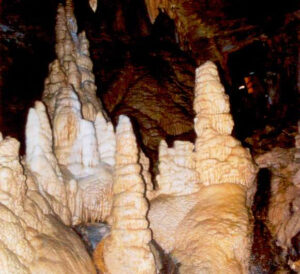1474144
Young scientist position on High resolution forest carbon maps in Africa using Sentinel Data
Contexte
The Laboratoire des Sciences du Climat et de l’Environnement (LSCE) and Kayrros (a Paris based EO company), are looking for a motivated postdoc / young scientist candidate for a joint project focused on ground-breaking methods to quantify forest biomass and biomass changes using very high resolution satellite imagery and artificial intelligence.
Description
Carbon stocks in African forests are vulnerable to degradation, deforestation and climate disturbances, including droughts, fires and edge effects.
The position aims to use 10 to 20 m optical (multispectral) and radar data from Sentinel 2 and Sentinel 1 that provide an image of every place on Earth every day, then to train Deep Learning models to reproduce canopy height from GEDI spaceborne measurements and create maps of height and biomass that will be evaluated against for instance in-situ data from forest inventories. Changes of height and biomass from one year to another will be attributed to different drivers, including fires, land cover change events and climate extremes.
The prototypes of deep learning models have been already developed. The candidate will have to adapt and improve them, and apply them over the African continent, possibly other tropical regions. High profile scientific publications are foreseen by looking at recent changes and the impact of regional and national forest policies and pledges.
Kayrros will provide access to computing resources and engineering support for fast processing of satellite images with Deep Learning models. There are good options for continuing in research of being hired at Kayrros after the two-years contract.
Compétences requises
Programming skills, preferably in Python.
Understanding of satellite images and spatial analyses.
Knowledge on machine learning and deep learning.
Selection Criteria:
PhD in remote sensing / artificial intelligence.
Demonstrated experience working with imagery data.
Autonomy, ability to work in a team and time management skills.
Experienced in multidisciplinary team-based activities with the ability to effectively.





